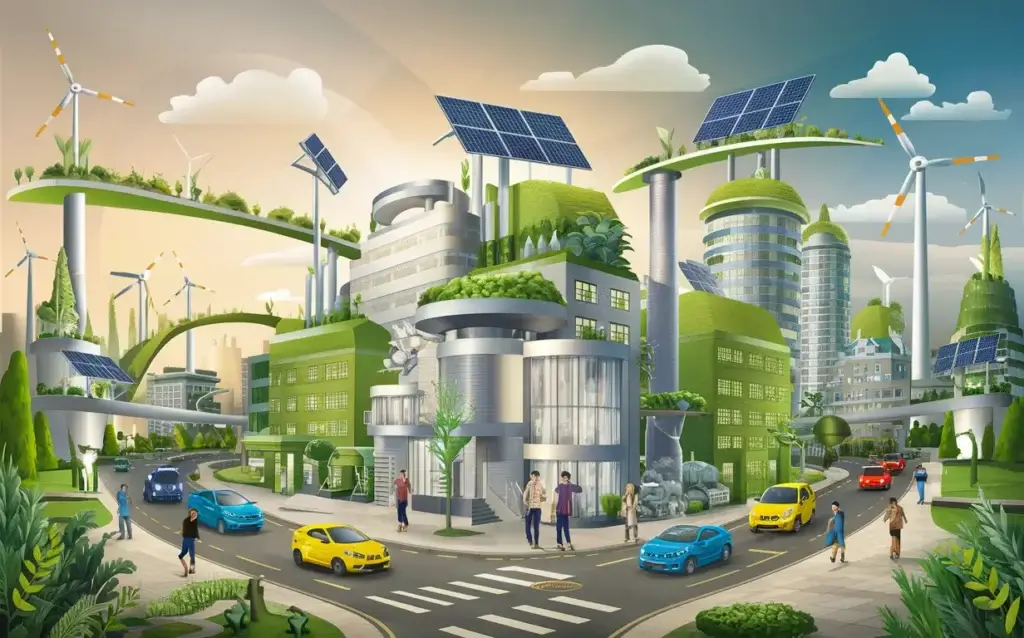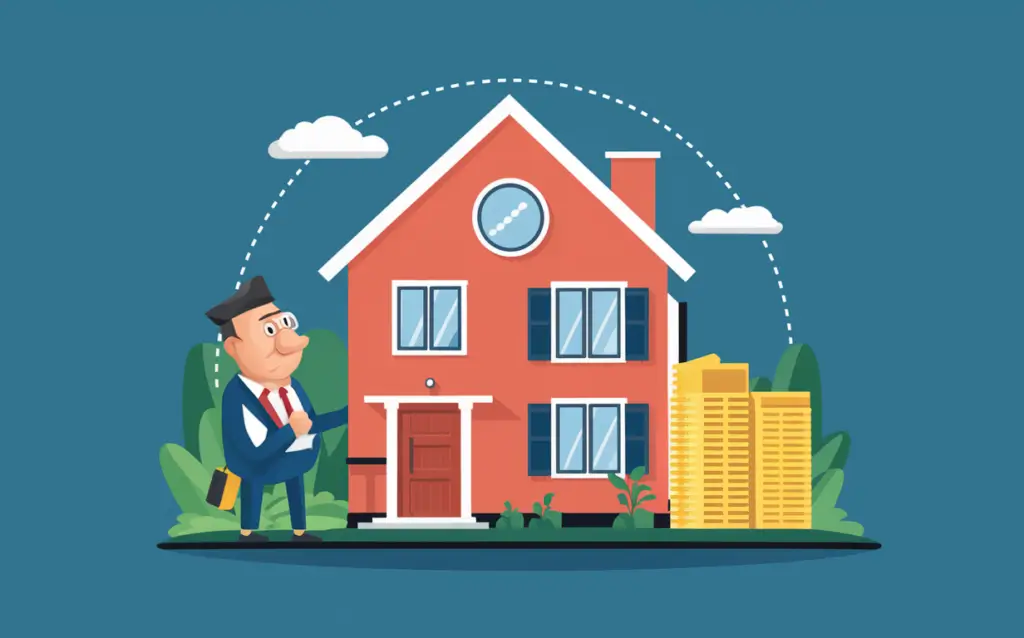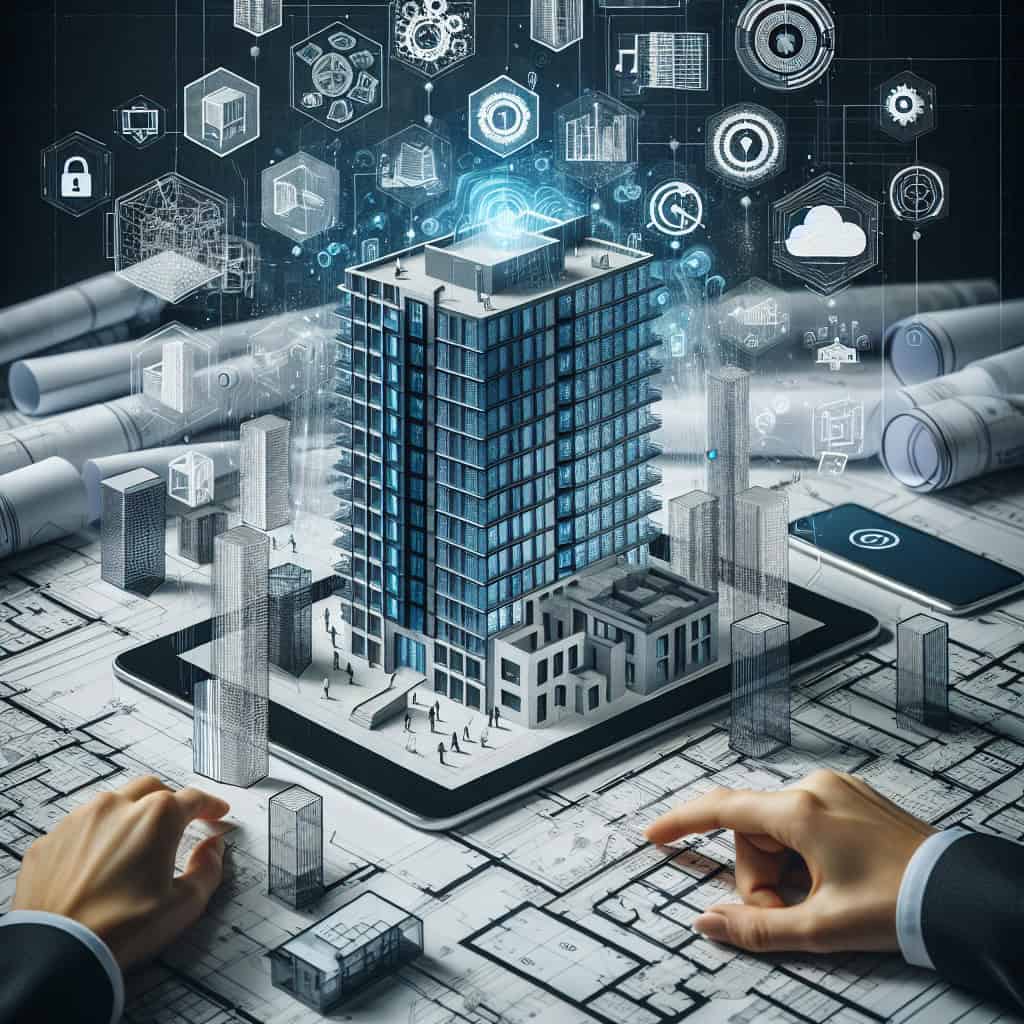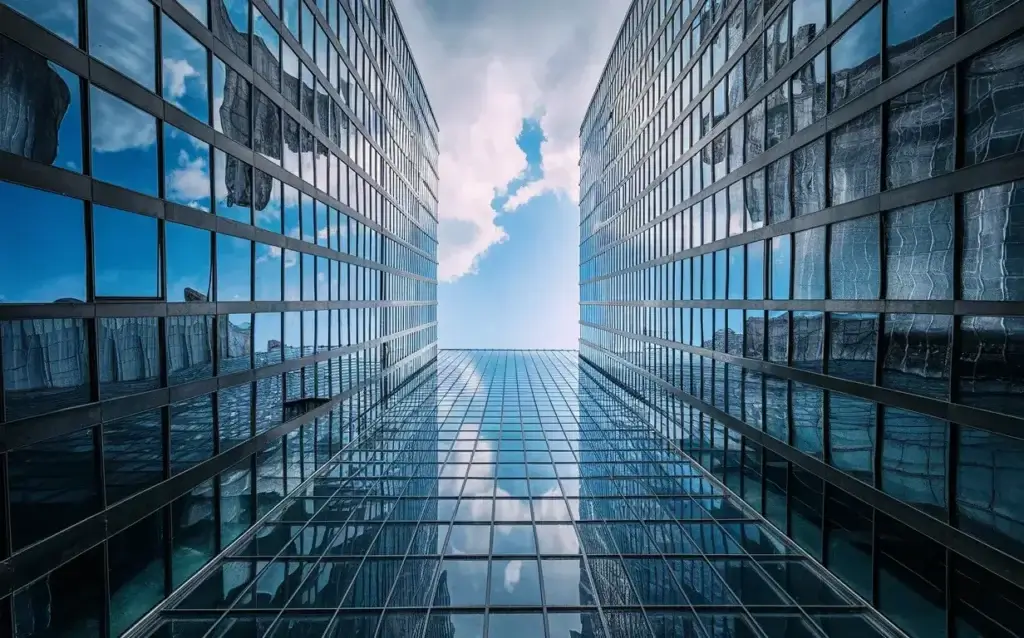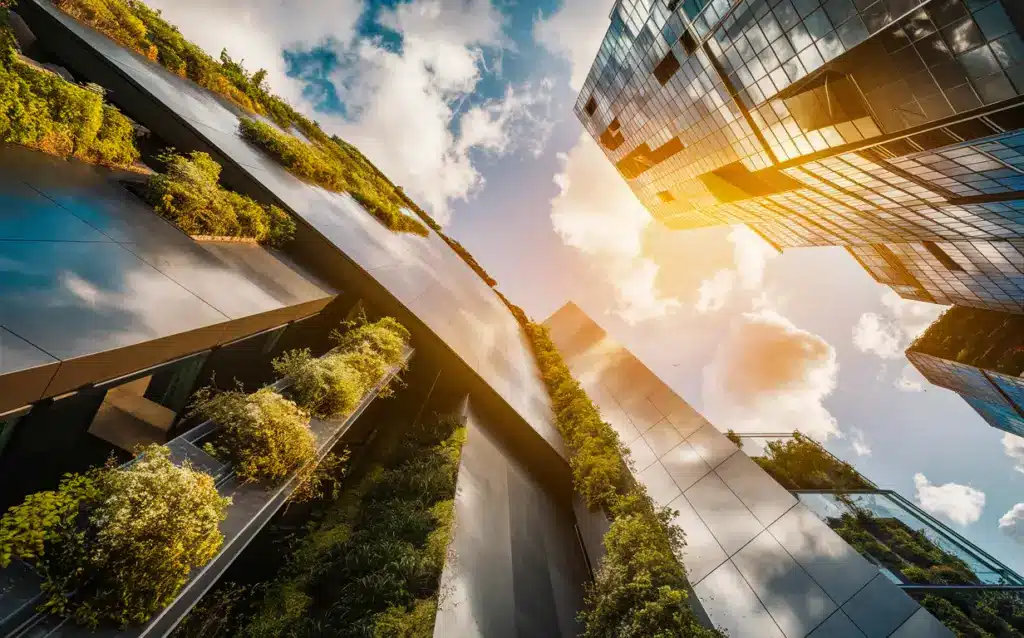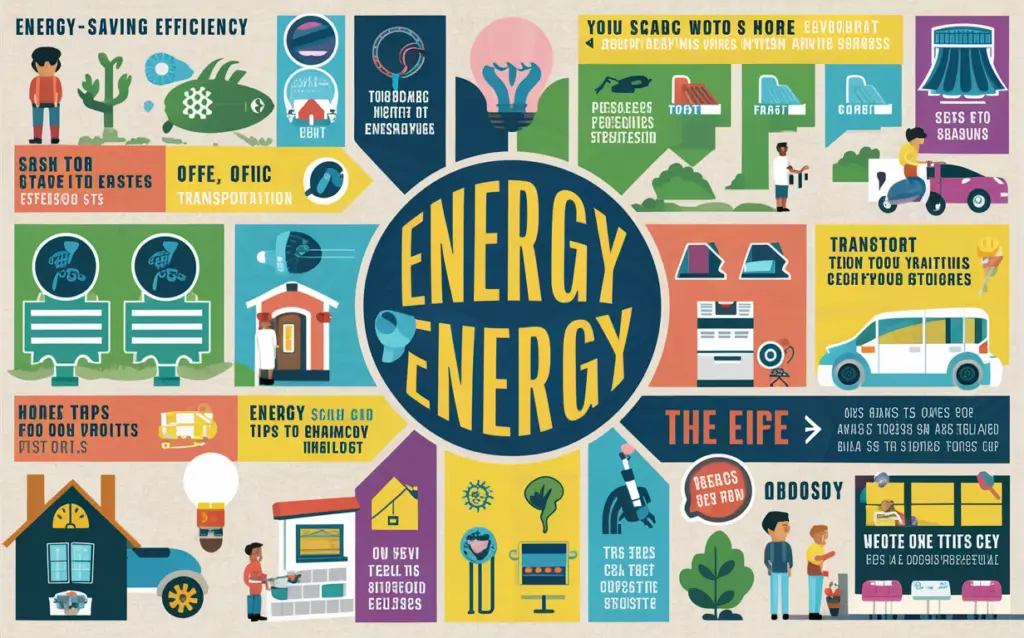Risk assessment: Everything at risk?
Risk assessment is a systematic process for identifying, analysing and evaluating potential hazards and risks in various areas. It serves to anticipate possible negative effects and develop suitable measures to minimise risks. The application of risk assessment extends across numerous sectors, including industry, healthcare, environmental protection and finance. Risk assessment uses quantitative and qualitative methods to determine the likelihood and extent of potential harm. This includes [...]
Risk assessment: Everything at risk? Read more »


